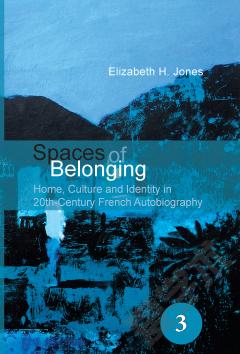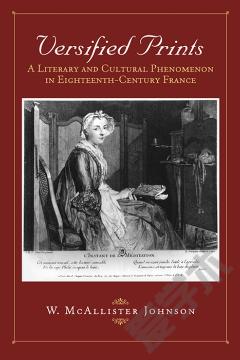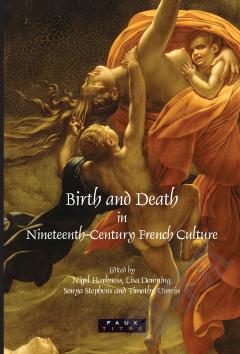Spaces of Belonging —— Home, Culture and Identity in 20th-Century French Autobiography
----- 归属的空间:20世纪法国自传中的家庭、文化和身份
Questions of space, place and identity have become increasingly prominent throughout the arts and humanities in recent times. This study begins by investigating the reasons for this growth in interest and analyses the underlying assumptions on which interdisciplinary discussions about space are often based. After tracing back the history of contact between Geography and Literary Studies from both disciplinary perspectives, it goes on to discuss recent academic work in the field and seeks to forge a new conceptual framework through which contemporary discussions of space and literature can operate.The book then moves on to a thorough application of the interdisciplinary model that it has established. Having argued that the experience of contemporary space has rendered questions of home and belonging particularly pressing, it undertakes detailed analysis of how these phenomena are articulated in a selection of recent French life writing texts. The close, text-led readings reveal that whilst not often highlighted for their relevance to the analysis of space, these works do in fact narrate the impact of some of the most significant cultural experiences of the twentieth century, including the Holocaust and the AIDS crisis, upon geo-cultural senses of identity. Home is shown to be a deeply problematic, yet strongly desired, element of the contemporary world.
The book concludes by addressing the underlying thesis that contemporary life writing might provide just the ‘postmodern maps’ that could help not only literary scholars, but also geographers, better understand the world today.Key names and concepts: Serge Doubrovsky - Hervé Guibert - Fredric Jameson - Philippe Lejeune - Régine Robin; Autofiction - Cultural Geography - Interdisciplinarity - Place and Identity - Postmodernism - Space - Postmodern Space - Literary Studies - Twentieth-Century Life Writing.
{{comment.content}}








 京公网安备 11010802027623号
京公网安备 11010802027623号